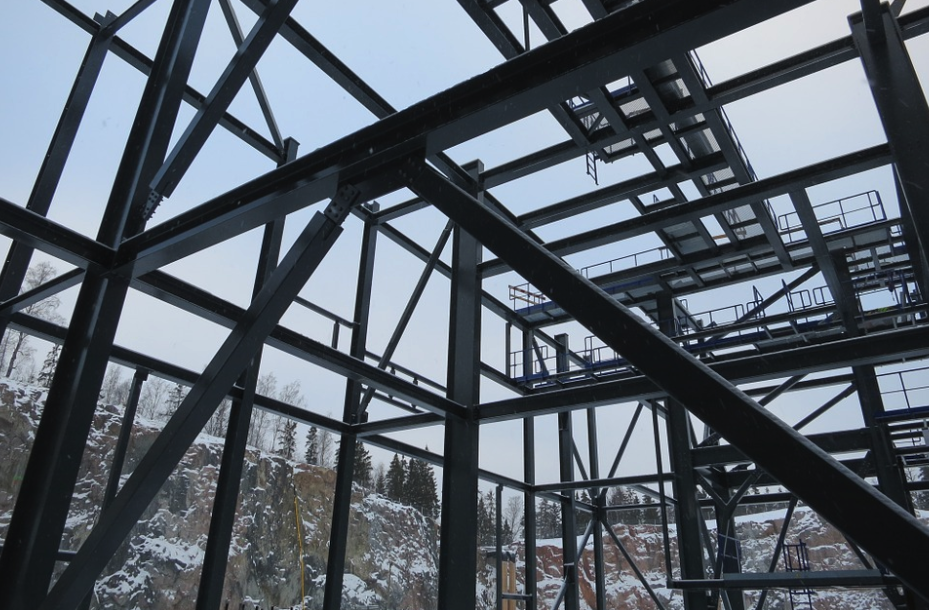
Top 22 ICF Commercial Construction FAQs
Commercial ICF construction has strict standards, codes, budgets and timelines to follow, and making sure you implement ICFs accurately and efficiently is important. We compiled a list of the top ICF FAQs we get to help you feel confident in your decision to choose Insulated Concrete Forms for your next project.

Utilizing Insulated Concrete Forms (ICFs) for Construction in Wyoming

Why ICF Construction is Perfect for Oklahoma Homes in Tornado Alley

ICF Construction in Arizona

ICF Home Plans are Versatile and Limitless in Design Options

Are Poured Basement Walls Better than CMUs for Below-Grade Construction?
Can you build and pour concrete in cold weather?
Yes. The forms insulate the concrete and enhance the curing process. The top of the forms, or exposed concrete areas will need to be covered, temporarily, with insulation to prevent the exposed concrete from freezing. Fox Blocks projects can be constructed any time of the year, no delays for cold weather.
Can the plastic webs be detected by using stud finders?
A stud finder typically uses the density of materials to locate studs. The polypropylene (plastic) web material will show up on high quality density stud finders. Note, the webs in Fox Blocks are spaced at 8″ (200 mm) on center and will be continuous vertically on each side of the wall.
Are there different types of Expanded Polystyrene (EPS)?
EPS is listed basically under four property classifications – Type I, II, III and IV. The characteristics are based on the density of the molded foam which defines the product type. Fox Blocks ICFs are manufactured as a Type II EPS with a density of approximately 1.5 pounds per cubic foot.

3 Problems with Steel Frame Construction and Why ICF is a Better Alternative
There are three problems with steel frame construction that affect the safety, efficiency, and durability of the structures they create.